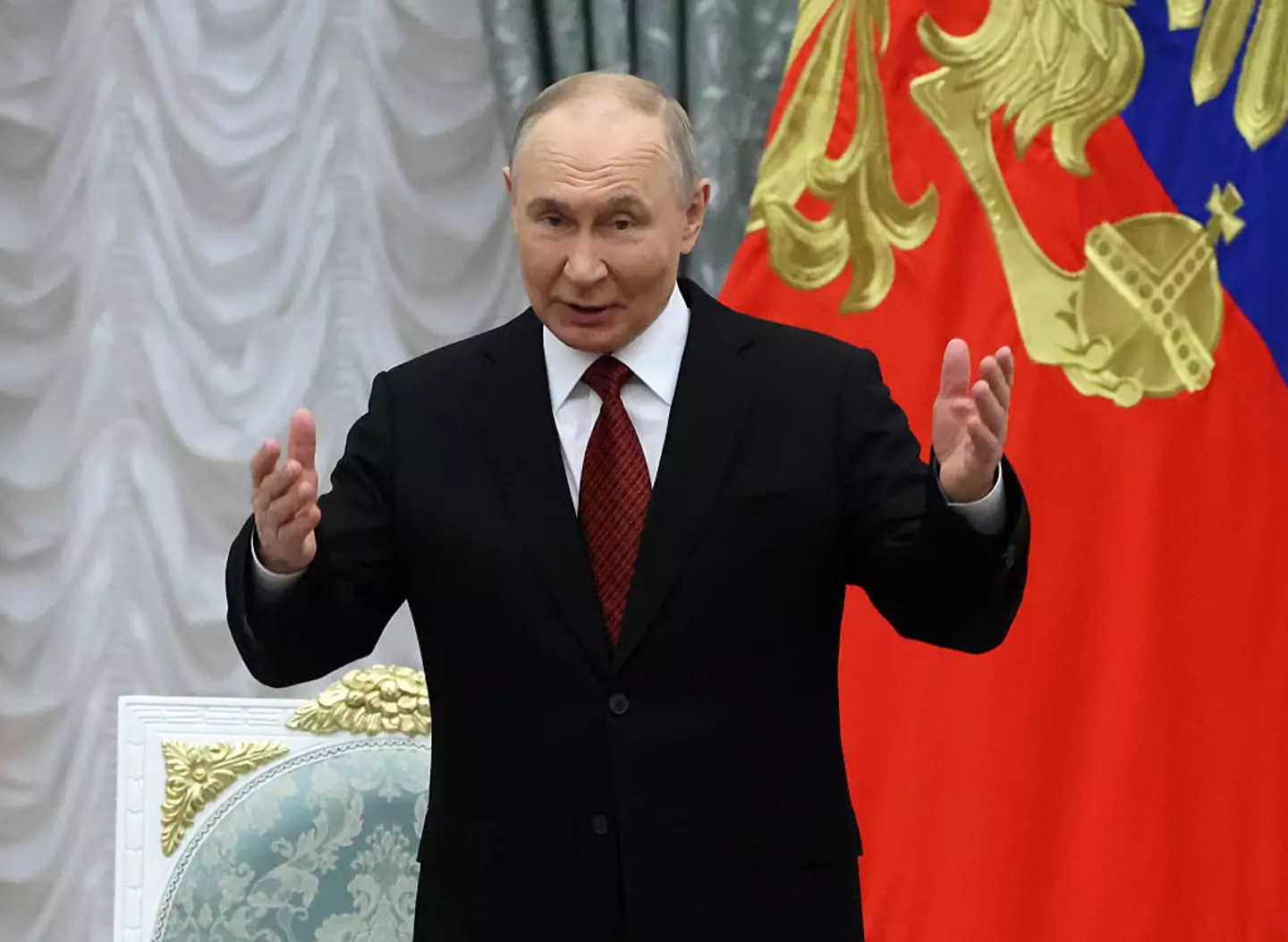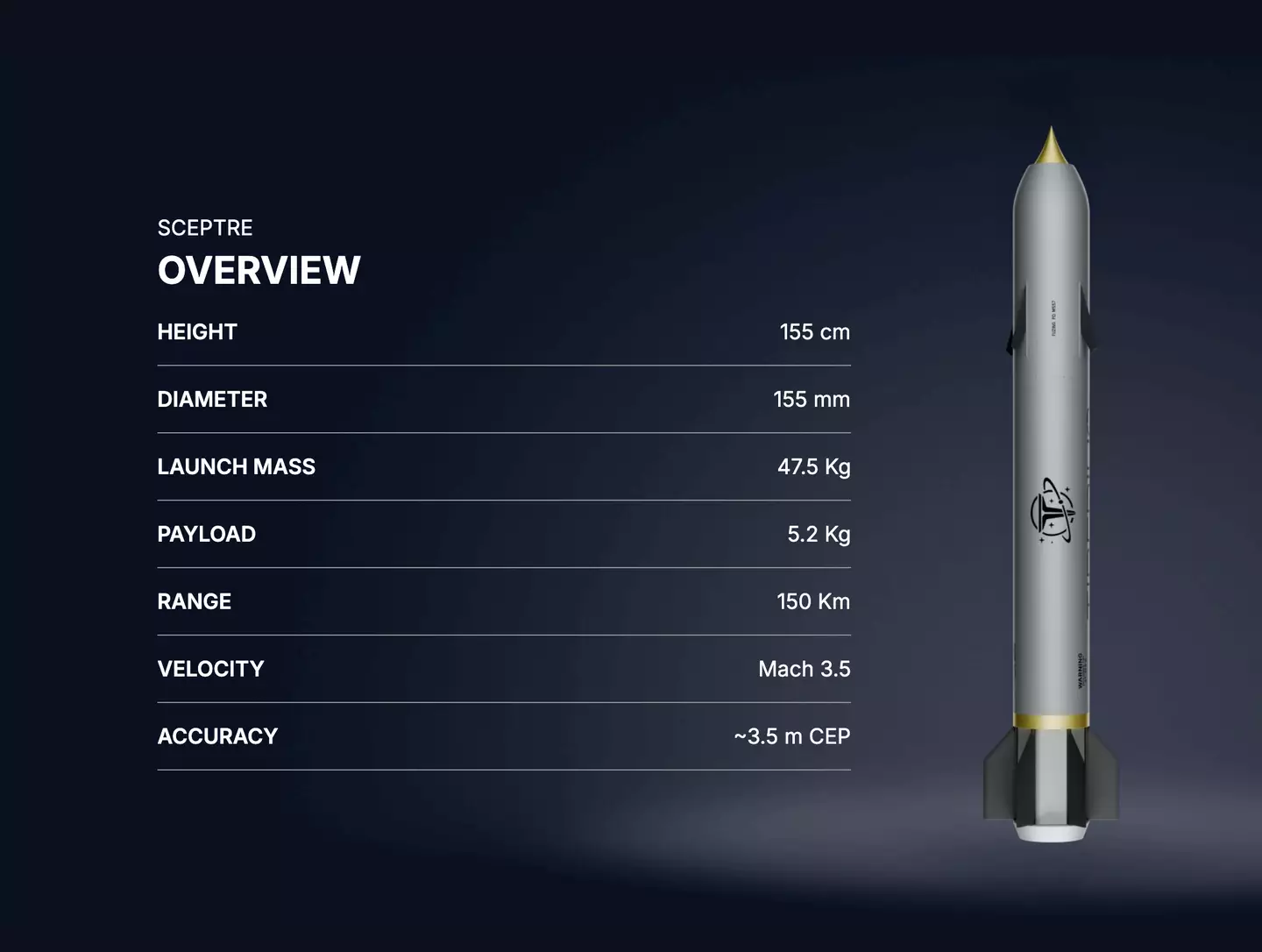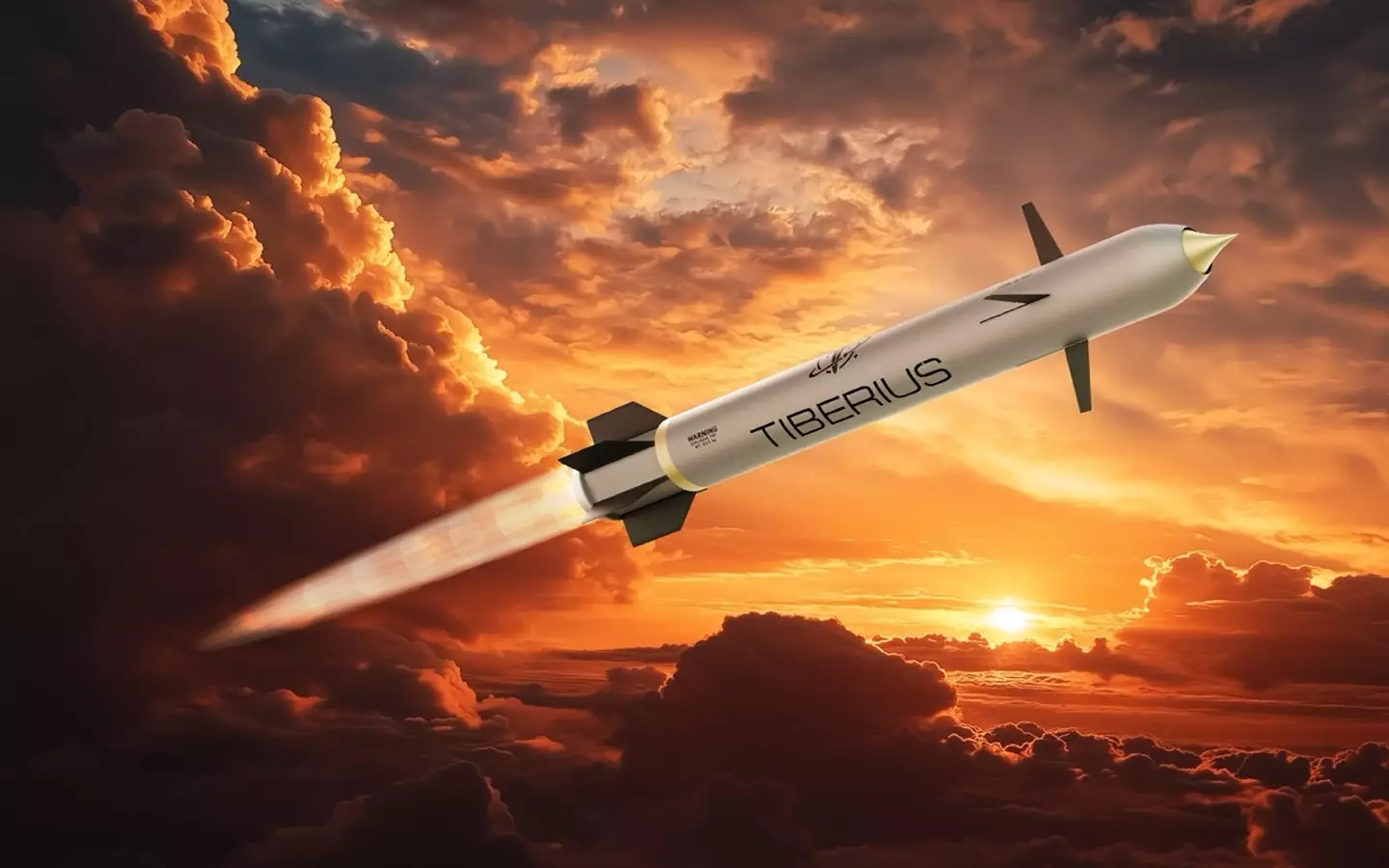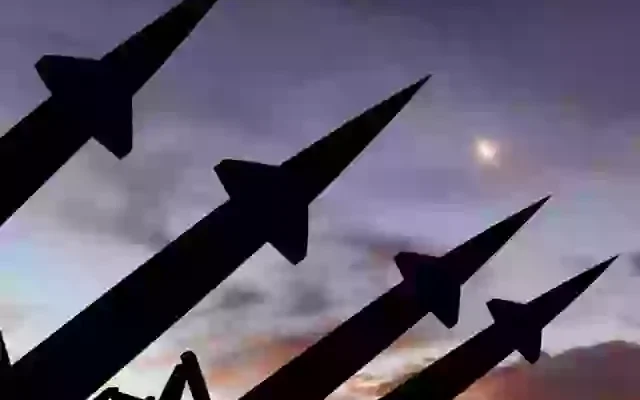The alarm bells are (literally) sounding, as there are fears that we’ve been thrown into the midst of World War Three. Iran and Israel have been exchanging missile attacks, and with the former warning that there will be repercussions in the West if other forces intervene, there are fears that this could be the catalyst that triggers WWIII.
Many thought Russia would be instrumental in kicking off the next global conflict, and while that’s still possible, one of Vladimir Putin’s top generals claims the war has already begun. This isn’t the first time it’s been suggested that we’re already in the middle of World War 3 without knowing, and with the Doomsday Clock sitting closer to midnight than ever before, many are preparing for the worst.
Israel’s Operation Rising Lion has seen the country react to Iran’s missile strikes, with 200 fighter jets hitting out at around 100 targets. Iran has again responded by sending 100 drones into Israeli territory, and while things are already tense, we’re not quite at full WW3 level yet. As shared by the Mirror, security expert Professor Anthony Glees has warned about how this could be a ‘blueprint’ for how future conflicts could develop into WW3.


There are fears that Russia is heading into WW3 with Europe (Contributor / Contributor / Getty)
The lecturer at the University of Buckingham outlined two scenarios that could pull Europe into a global conflict, saying: “First, that Iran hits back hard, is supported by its admittedly weakened proxies, Hezbollah, the Houthis and what’s left of Hamas, as well as its chums in the region and beyond.”
Elsewhere, it’s thought the likes of Putin, North Korea’s Kim Jong-Un, and China’s Xi Jinping might see a ‘distracted’ United States and seize the opportunity to act: “We recall that Putin is firing Shahed drones at Ukraine. Now is the time to pursue their own bugbears in Ukraine, South Korea and Taiwan.”
Glees concluded: “Naturally we hope this won’t happen. But if it does, I think what Israel has been doing since about 3am give us a blueprint for what could happen to us here in Europe.”
Still, there’s ‘no doubt’ that Europe’s main enemy would be Russia under Putin, with him guessing the first form of attack would be an ‘overwhelming’ cyber attack: “It will not only knock out our digital communications networks. We hope the government networks which are far more secure will be resilient enough to withstand such an attack, but who knows.
“We know that the Israelis sent alarms to every single mobile phone user in Israel, warning them about the attack at 3am, including those who had switched off their phones, or put them on silent mode.”
We’ve already seen the world respond, with UK Prime Minister Keir Starmer holding talks with Saudi Crown Prince Mohammed bin Salman and Donald Trump confirming US embassy staff have been moved out of Iraq. In the POTUS’ own words: “They are being moved out because it could be a dangerous place, and we’ll see what happens. They can’t have a nuclear weapon. Very simple—we’re not going to allow that.”
Featured Image Credit: Anton Petrus / Getty


Forget fears about World War Three being over the horizon, as one of Vladimir Putin’s generals claims we’re already in the midst of the next big global conflict.
The Doomsday Clock is closer to midnight than ever before in 2025, with part of that being to do with escalating geopolitical troubles. While there’s been much talk about Russia triggering WWIII, the situation in Israel looks like it could be a catalyst.
Three civilians were killed in an Iranian missile strike on Tel Aviv, with Iran warning that intervention from the West will lead to strikes on its own bases. Adding fuel to the already raging fire, Israeli Foreign Minister Israel Katz declared, “If Khamenei continues to fire missiles at the Israeli home front, Tehran will burn.”
Iran’s Mehr News Agency warned: “Any country that participates in repelling Iran’s attacks on Israel will be subject to Iranian forces targeting all regional bases of the complicit government, including military bases in the Persian Gulf countries and ships and naval vessels in the Persian Gulf and the Red Sea.”


Apti Alaudinov has called on Putin to act now (Contributor / Contributor / Getty)
These words might be falling on deaf ears, as one of Vladimir Putin’s generals has called for the Russian Prime Minister to mobilize troops and remind the world of the country’s vast nuclear arsenal.
Posting on social media platform Telegram, Apti Alaudinov wrote, “We need to declare mobilisation.”
Saying that Russia could deploy up to one million troops, the deputy chief of Russia’s armed forces added: “We need to prepare at least half a million people in advance. But realistically one million people. We need to call them up and start preparing them for the fact that the war has already begun, which we already know is happening – World War 3. But it has already taken on a new turn and a new momentum.
“And so that no one dares to play with us the way they played with all the other countries, and now with Iran. Believe me, we all need to unite, unite, unite at all levels.”
This isn’t Alaudinov’s first foray into warfare, with Putin’s close ally being heavily involved in Russia’s war with Ukraine and trying to regain the Kursk region from Kyiv’s troops.
Alaudinov has also suggested there could be further action, sharing a message from Iran’s supreme leader, Ayatollah Ali Khamenei, that demands ‘severe retribution’ against Israel for its own attacks.
Israeli Prime Minister Benjamin Netanyahu claims the Israeli military targeted facilities where Tehran is attempting to build a nuclear bomb. Elsewhere, there are fears that Russia could use this as an opportunity to move on a distracted and weakened United States. The United Kingdom’s Sir Keir Starmer has asked both Israel and Iran to show restraint, but for many, they think World War Three isn’t simply knocking at the door. It could already be here.
Featured Image Credit: Anadolu / Contributor / Getty


The fallout of Elon Musk’s social media battle with US President Donald Trump has been staggering to see, but many are now weighing up the potentially significant consequences the South African-born tech mogul could face if the White House decides to retalliate.
Following Elon Musk‘s swift departure from his role as head of the Department of Government Efficiency (DOGE), many remained unsure as to whether his relationship with the president remained intact.
They appeared to be speaking far less than they had at the start of the year yet at the same time key social media posts appeared to indicate that the relationship remained amicable.
Friction quickly appeared when Musk began to criticize key economic policy from Trump, which he had experience with following the president’s tariffs a few months earlier, and tensions erupted when the pair took to X and Truth Social to vent their true feelings.
Musk claimed he was the key reason why the president won the election and also alleged that Trump’s name was present in the Epstein Files, which the president retaliated against by claiming that Musk had ‘TDS’ and threatened to rip up all his government contracts.
One key comment in the fallout of the pair’s online fight though came from former White House official Steve Bannon, who called for Musk to be deported and branded him an ‘illegal alien’.
Musk’s citizenship has come into question before as a petition calling for his Canadian citizenship to be revoked garnered significant attention, yet threatening the richest man in the world’s status in America would carry far greater consequences.
Thankfully one legal expert on YouTube has chimed in to evaluate quite how possible Musk’s deportation could actually end up being, and it’s not as simple as you might expect.
The short answer, as explained by LegalEagle, is as follows: “Under the law, as it existed prior to January 21st, 2025, no, absolutely not.” However, Trump’s actions since regaining the Oval Office have made this a far more complicated issue.
LegalEagle continues to explain that “Trump’s attacks on the rules of law have really changed the game,” and this is what opens up the possibility – however small – of Musk being ‘legally’ exiled from the country.
He uses the Trump administration’s case against Mahmoud Khalil – who was detained for his role in pro-Palestinian protests and threatened with deportation despite being a lawful permanent resident of the United States.


The Trump administration’s arguments against Mahmoud Khalil could prove informative of Musk’s deportation risk (Kena Betancur/VIEWpress/Corbis via Getty Images)
The government’s case against Khalil relied on the Immigration and Nationality Act, which opens up the possibility for ‘aliens’ to be deported if the Secretary of State believes their presence to have serious negative consequences for the United States’ foreign policy. It was also claimed that Khalil’s failure to disclose links to certain groups during his immigration process constituted fraud.
LegalEagle deposits that, unlike Khalil, Musk’s naturalized status – which was achieved in 2002 – gives him full constitutional protection that would be near-impossible to breach, but there are still loopholes.
“There are exceptions and this administration is willing to stretch the truth to make them work,” LegalEagle explains. “If someone obtains citizenship through fraud, the government might revoke their citizenship. This process is known as denaturalization.”
If the Trump administration managed to ‘prove’ that Musk did indeed lie during the naturalization process then that could open him up to deportation, and his brother Kimbal’s previous admission that the pair were illegal immigrants for a short while – likely in between the expiry of their student visa and the point at which they gained a work visa – could be the key for that.


The Trump administration could point towards potential ‘fraud’ in Musk’s naturalization process (Kevin Dietsch/Getty Images)
Musk’s role as head of SpaceX and Starlink could also leave him branded a security risk if the Trump administration deems that his interests don’t align with America too.
The chances of all this happening – especially to someone as high profile as Musk – are extremely thin, but it is difficult to ignore that the Trump administration has already stretched – and in some cases allegedly ignored – the law as much as possible, so it would be impossible to completely rule out.
Musk might have an alternative though if you believe key foreign officials, as multiple major names in Russian politics have offered the billionaire asylum after his fight with Trump, which would likely leave him in a similar situation to NSA whistleblower Edward Snowden.
Featured Image Credit: Kevin Dietsch / Staff via Getty


Although some might think it’s pretty obvious by now, it looks increasingly likely that the wars of the future could be fought online as well as on the traditional battlefield. The geopolitical crisis is heating up, and whether it’s the USA, Russia, China, or someone else that triggers it, experts and civilians alike are concerned that we’re on the cusp of World War III.
While many fear WWIII will be here within the next 10 years, others think we’re already in the midst of it and don’t even know it yet.
Even though World War III could bring back some unexpected technology from yesteryear, the evolution of artificial intelligence and the increase in the use of weaponized drones suggests that we’re being steered into a technological battlefield.


Many think WWIII will be an automated conflict (Donald Iain Smith / Getty)
These concerns were recently shared on Steven Bartlett’s “Diary of a CEO” podcast, with tech entrepreneur Amjad Masad explaining how both the USA and China are likely going to cut corners if we head into a mythical WWIII: “What really scares me is autonomous weapons…You can imagine autonomous drones being trained on someone’s face, and you can send a swarm of drones, and they can be this sort of autonomous killing, assassination machine.”
Saying he can picture it as a ‘country versus country’ technology, Masad continued: “It can also become a tool for governments to subjugate the citizens, and people think we’re safe in the West, but I think the experience with co showed that even the systems in the West can very quickly become draconian.”
Entrepreneur Daniel Priestley added that he’s heard about technology in Iran that can detect whether women are driving without wearing their hijabs, which is confirmed as the Nazer (surveillant) app where you can even report others. He said this kind of tech acts as a police officer, a judge, and a lawmaker, concluding: “It’s the judge, jury, and executioner.” Similar facial recognition cameras have supposedly been placed in London and across Wales.
Evolutionary theorist Brett Weinstein chimed in on the conversation, admitting he has the same concerns about autonomous weapons and saying: “I also think this doesn’t have to occur in the context of war or even governmental oppression.
“It is perfectly conceivable that this drops the price of an effectively undetectable or an unprosecutable crime, and maybe economic moats return in the form of people taking out their competitors or anybody who attempts to compete with them using an autonomous drone that can’t be traced back to them.”
Barlett points out how both the USA and China are heavily investing in AI-powered weapons amid fears that the other might get their first.
All of these come after The Guardian referred to AI weapons reaching an ‘Oppenheimer moment’ that compared it to J Robert Oppenheimer’s development of the atomic bomb during WWII. There’s also the fact that tech and surveillance company Palantir has invoked the Oppenheimer analogy with CEO Alex Karp.
Despite Chinese President Xi Jinping and former US President Joe Biden agreeing in late 2024 that AI shouldn’t be used to trigger a nuclear war, it’s not hard to see why the likes of Masad, Priestley, and Weinstein are concerned.
Featured Image Credit: Stephen McCarthy / Contributor via Getty


A company has announced a dystopian weapon which could be used in World War III and that is unlike anything we’ve ever seen before.
The defense technology firm has revealed its first product that has left people feeling terrified.
The product was unveiled at the Future Artillery Conference last Monday (May 19) by Tiberius Aerospace, who claim the company is ‘built to empower the UK and US’.
The product in question is known as the Sceptre TRBM 155HG and is the world’s first supersonic ramjet, which is capable of hitting targets 100 miles away.
The company was founded just three years ago in 2022 by Chad Steelberg, and was apparently formed in response ‘to a new era of conflict where speed, adaptability, cost-effective capability and supply chain assurance are essential to national security’.


The ramjet could be used in the next world war (Tiberius Aerospace)
Steelberg has also spoken out to say that this product is the first of its kind and has been ‘designed for the future battlefield’.
What is the Sceptre TRBM 155HG?
The ramjet not only has accuracy, but it can blast away targets at an insane speed of 2,700 mph.
With the combination of artificial intelligence and GPS, it seems the system is capable of correcting errors in real time, reaching up to an altitude of 65,000 ft.
The state-of-the-art missile is also able to bypass traditional systems to hit targets with full force and accuracy.
Steelberg claims that the rocket is ‘10X’ more accurate in range position than typical missiles, adding: “This is a weapon designed for the future battlefield: fast, precise, and resilient in a denied environment.”
What is a ramjet?
Army Recognition explains that the Sceptre is technically known as a ‘precision-guided ramjet artillery munition’.
It added: “A ramjet is an air-breathing engine that compresses incoming air without moving parts, using the munition’s high speed to sustain combustion and generate continuous thrust throughout its flight.
“This high-altitude trajectory limits susceptibility to GPS jamming and electronic warfare.


The weapon is capable of hitting targets 100 miles away (Tiberius Aerospace)
“Featuring a circular error probability (CEP) of under 5 meters, even in GPS-contested environments, Sceptre incorporates a hybrid GPS/inertial guidance package, AI-enhanced targeting correction, and an in-flight data-link for swarm coordination.”
According to Army Recognition, the ramjet ‘positions itself as a credible alternative to more costly and logistically burdensome systems such as the ER GMLRS or the Long-Range Manoeuvring Projectile (LRMP) from General Atomics’.
It added: “From a budgetary perspective, the cost differential is stark: Sceptre is priced at less than 10 percent of a standard GMLRS round.”




